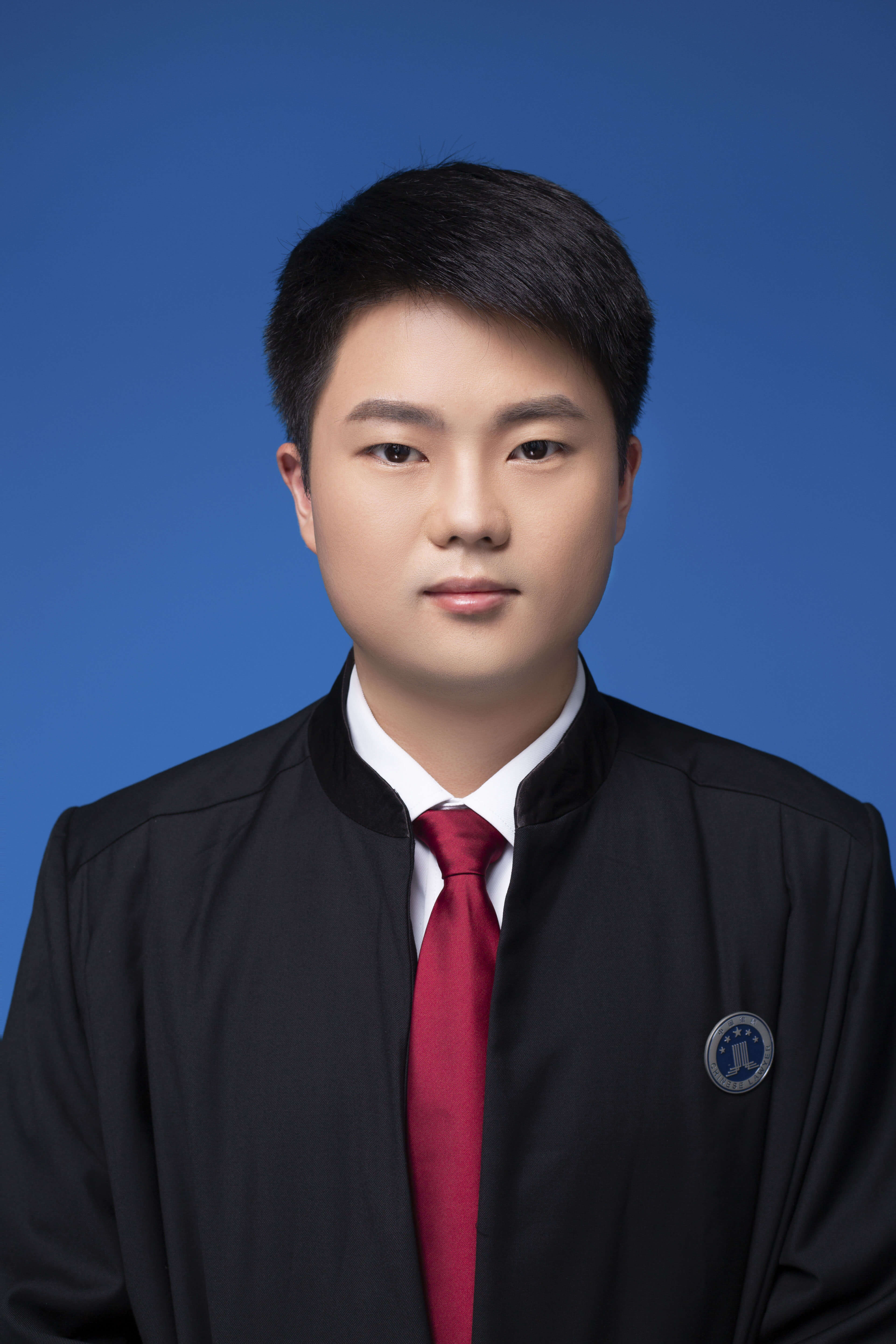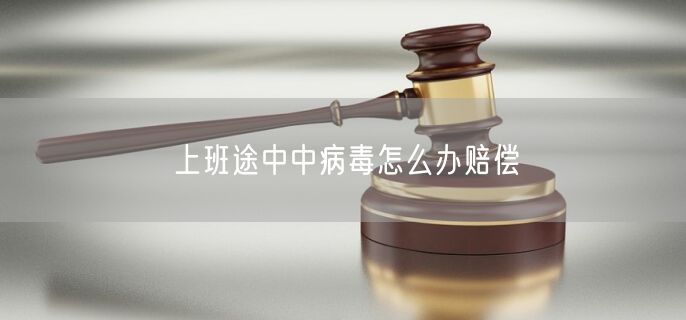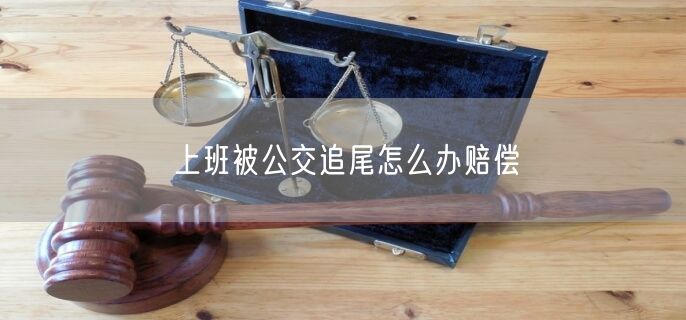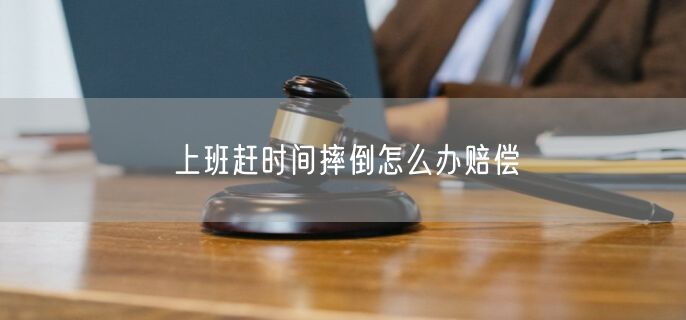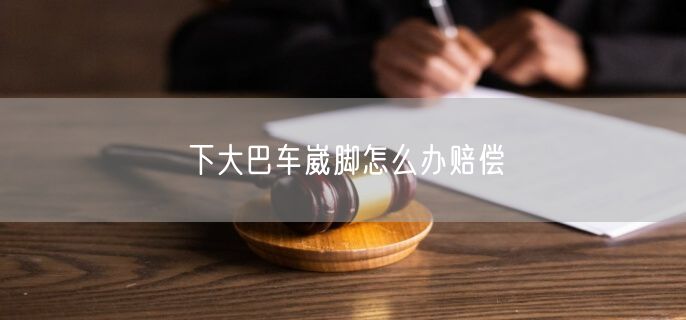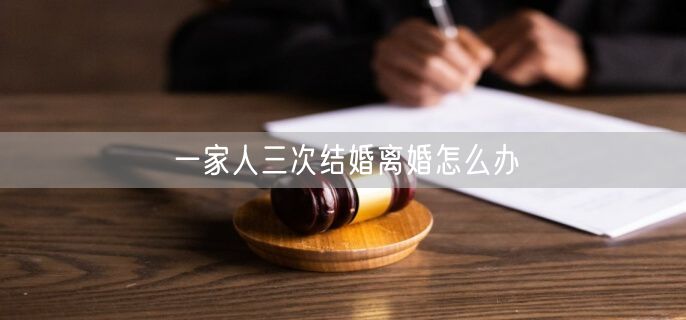Custody and Guardianship Rights: How to Say in English
When it comes to matters of child custody and guardianship rights, it is important to be familiar with the appropriate terms in English. Understanding these terms can help facilitate communication and ensure that everyone involved is on the same page. In this article, we will explore the English translations for "抚养权" (fǔ yǎng quán) and "监护权" (jiān hù quán).
The term "抚养权" refers to the right to raise and care for a child. In English, this is commonly referred to as "custody." Custody can be further divided into two types: "physical custody" and "legal custody." Physical custody refers to where the child primarily resides, while legal custody refers to the right to make important decisions regarding the child's upbringing, such as education, healthcare, and religious practices.
"Physical custody" can be translated as "residential custody" or simply "custody." For example, if a child primarily resides with one parent, they have residential custody. On the other hand, "joint physical custody" is when the child spends significant time with both parents, usually in a shared arrangement.
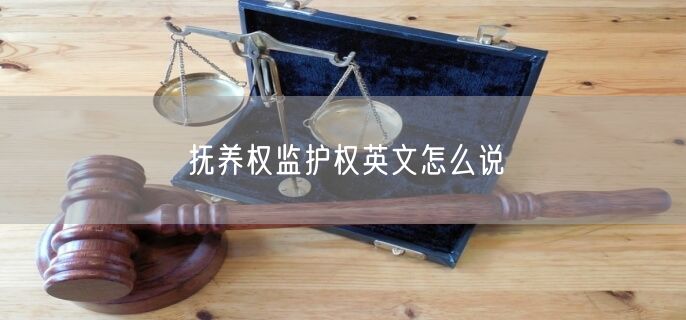
"Legal custody" can be translated as "decision-making authority" or "custody rights." This term refers to the right to make important decisions on behalf of the child. In many cases, legal custody is shared between both parents, known as "joint legal custody." This means that both parents have a say in important decisions regarding the child's life.
Moving on to "监护权" (jiān hù quán), this term is often translated as "guardianship rights" or simply "guardianship." Guardianship refers to the legal responsibility of caring for and making decisions on behalf of a child who is not one's biological or adopted child. This can occur in situations where a child's parents are unable or unwilling to care for them, and another adult assumes the role of guardian.
It is important to note that the term "guardianship" can also refer to the legal relationship between an adult and a person who is unable to make decisions for themselves, such as an elderly person or someone with a disability. In this context, the term "legal guardianship" is commonly used.
In summary, "抚养权" (fǔ yǎng quán) can be translated as "custody," which includes both "physical custody" and "legal custody." "监护权" (jiān hù quán) can be translated as "guardianship," which refers to the legal responsibility of caring for a child who is not one's biological or adopted child. It is important to understand these terms in order to effectively communicate and navigate the complexities of child custody and guardianship rights in an English-speaking context.
